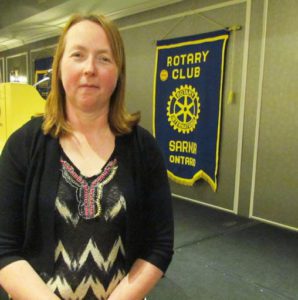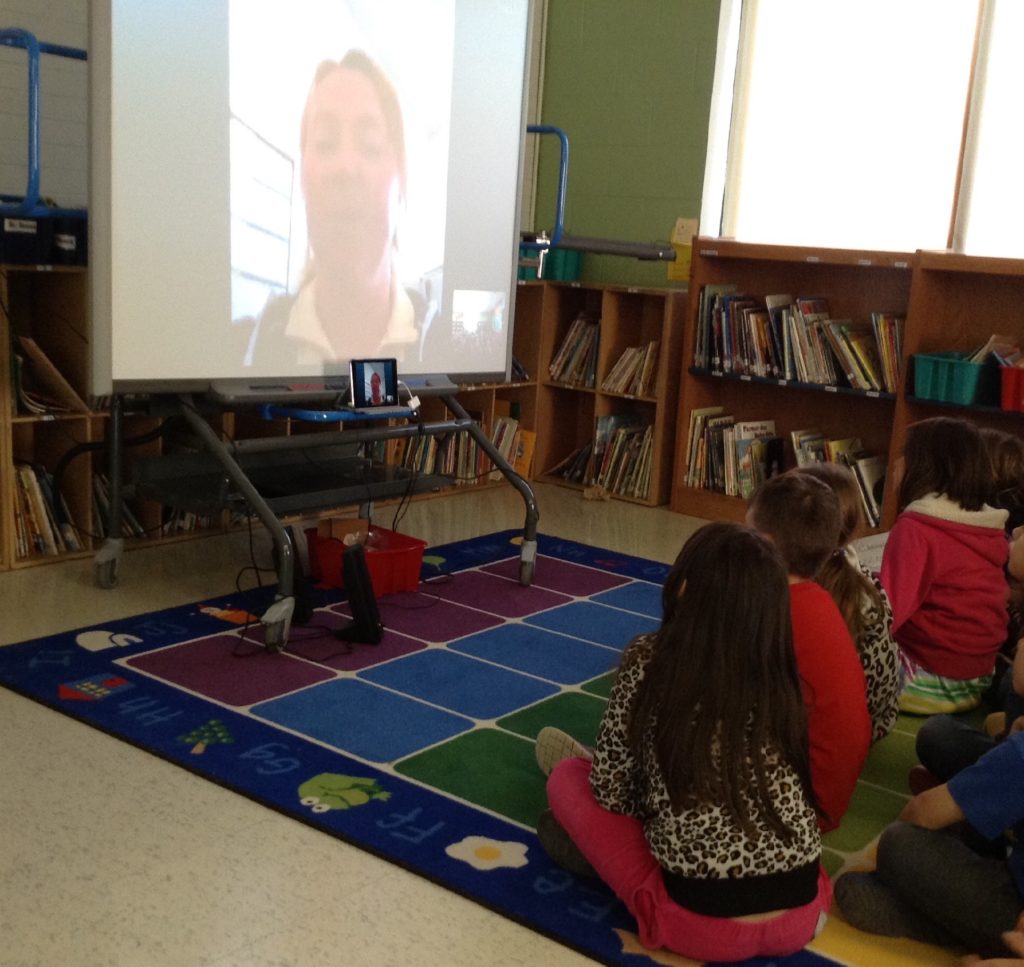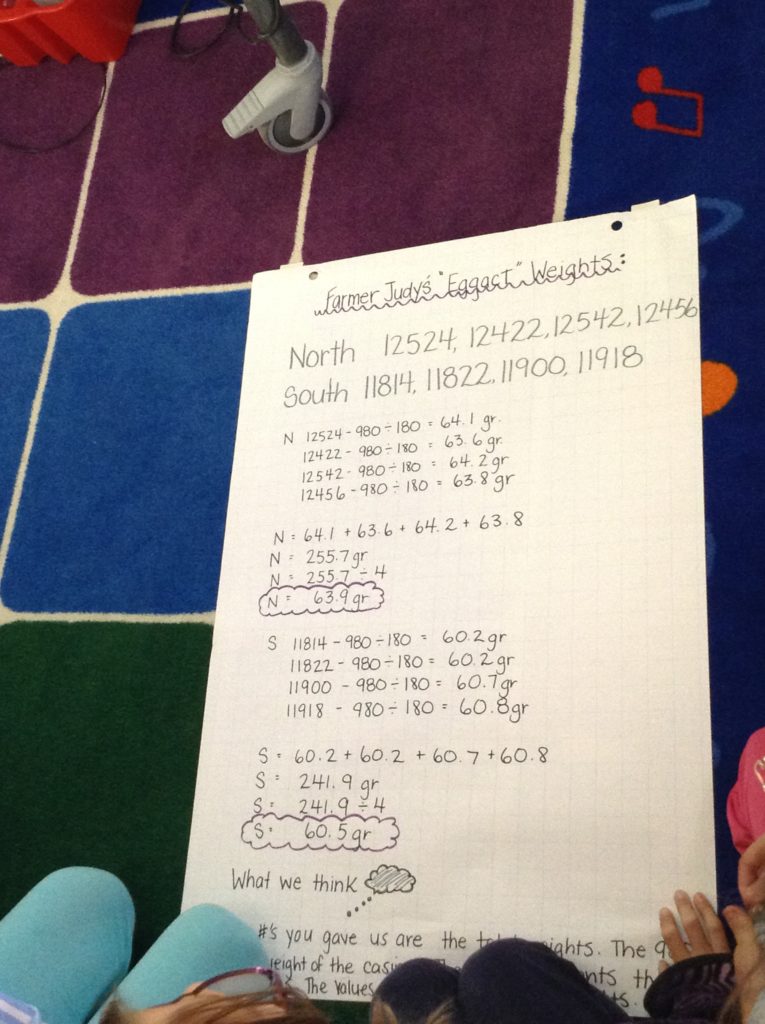Technology is helping bridge the gap between the current generation of Canadians and life on the farm.

Judy Krall, with Lambton-Kent Agriculture in the Classroom, spoke to the Rotary Club of Sarnia Monday about how digital technology is allowing students to see what goes on inside the barns at her family’s farm… without leaving their desks.
Krall, who spoke about several programs offered by the volunteer organization, said she uses the camera on her tablet and smart phone to connect with schools and show students about life on the family egg farm in Enniskillen Township.
The Adopt-A-Farmer program is now in its second year of development, and Krall said she has been able to reach out to more than 500 students through the approach.
“It’s a great way to be able to interact,” Krall said.
“They have questions, and the time to answer them is when they’re in Grade 3 or 4, and their minds are starting to be moulded.”
Using digital technology also gets around bio-security issues farms can have with allowing a group of young visitors into their livestock barns, she said.
It’s also an approach appreciated by students, she added.
“They’re using so much technology, it’s a great fit.”
Krall combines digital tours of the farm, with classroom visits to answer questions students have about what happens on a farm.
Those questions have included the difference between white and brown hens, how the farm’s composting operation works, and what happens to the eggs after they leave the farm, Krall told Rotarians.
“I think there’s become a bit of a disconnect between farmers and consumers, and they need to know why we do the things we do on the farm,” she said.
“I think it will help them to make better decisions when they’re shopping at the supermarket, or the local farmers market.”
Krall also volunteers at Agriculture in the Classroom’s annual Spring Days event held for Grade 4 students at the Canatara Park Children’s Animal Farm, and said she always asks the youngsters there if they live on a farm.
“You don’t see any hands go up,” she said.
There was a time when nearly all Canadians were only a generation or two away from farming, but changes in society and the farming industry has weakened that connection.
Krall said she also asks the students to put up their hands if they have grandparents who farm.
“You might see one or two,” she said.
“We ask them another generation from now, we’re not going to see that.”
Lambton-Kent Agriculture in the Classroom also holds a Harvest Days event annually at the Ridgetown Campus of the University of Guelph, and collaborates with One Tomato’s Food Works that delivers programs in schools for students in Grade 7.
“They learn the basics of cooking skills, and use of local foods,” Krall said.
The programs are tied to the curriculum in elementary schools and offered free of charge, Krall said.
The organization also donates funds to help maintain farm animal and soil science kits for use in local classrooms, she said.
Lambton-Kent Agriculture in the Classroom counts on money raised at its annual gala, A Taste of Lambton-Kent, held just recently at Ridgetown, Krall said.
~Paul Morden~
The Sarnia Observer
Select Photos

Judy Krall virtually interacting with school children 
Farmer Judy’s ‘Eggact’ Weight measurement exercise


